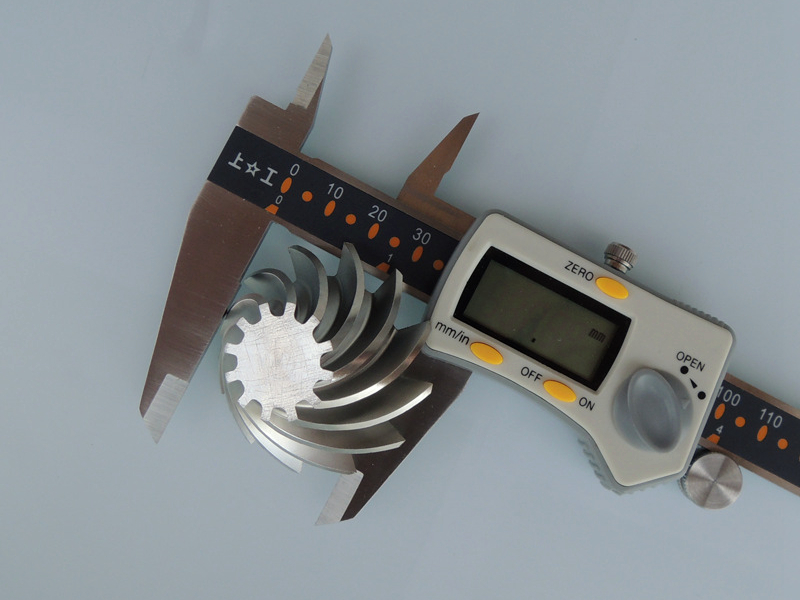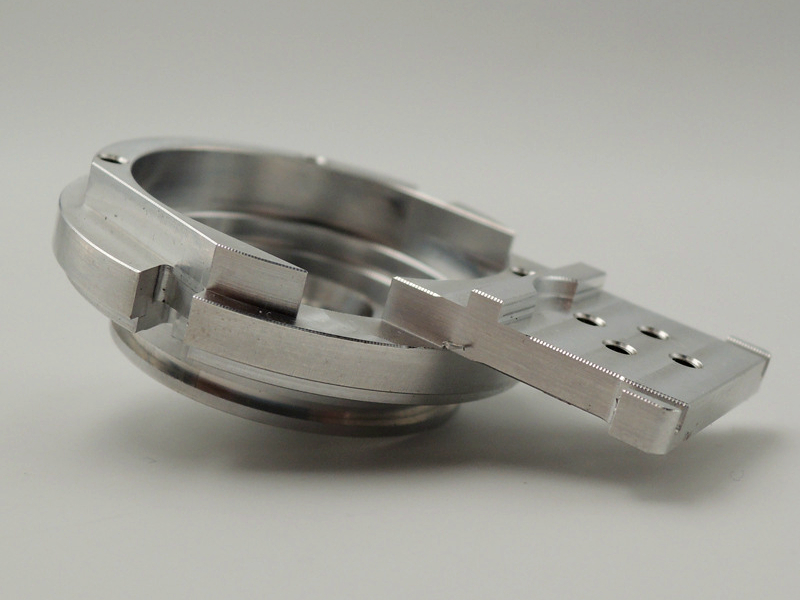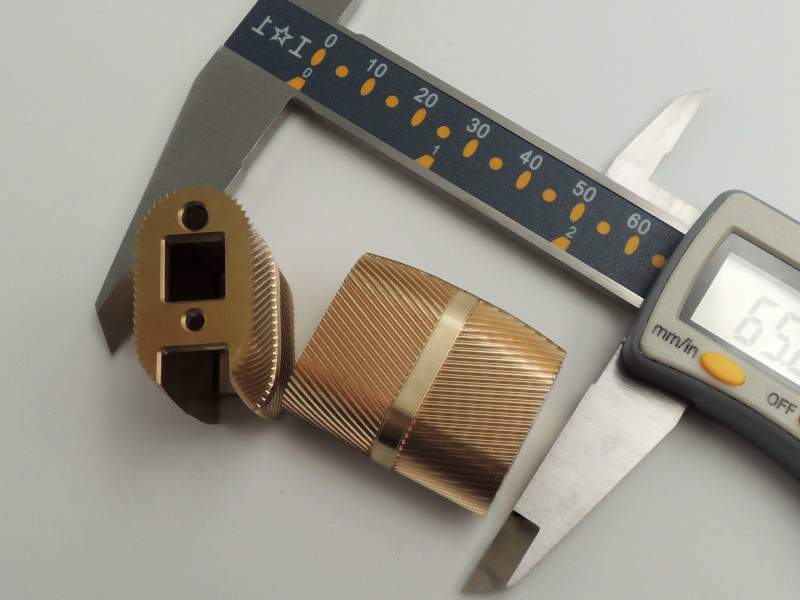How do I balance cost and performance when selecting a CNC metal?
How Do I Balance Cost and Performance When Selecting a CNC Metal?
Understanding the Cost-Performance Trade-Off in CNC Metals
As a CNC machining engineer at Neway, I often help clients navigate the trade-offs between material cost and performance, especially in today’s volatile metal markets. For example, the price of titanium alloys has increased by 12% over the past year due to rising aerospace demand and global geopolitical tensions affecting sponge titanium supply. In contrast, aluminum alloys like Aluminum 6061 or 5052 offer excellent machinability and corrosion resistance at just 30–40% the cost of titanium.
To strike the right balance, we recommend evaluating the following parameters:
Key Selection Criteria for Cost-Effective CNC Metal Choices
Strength-to-Weight Ratio: In applications like drones or medical devices, aluminum 7075 or magnesium alloys may be preferable to reduce weight without sacrificing structural integrity.
Corrosion Resistance: For harsh environments (e.g., marine, chemical plants), stainless steel 316 or Inconel 625 offer superior durability—but come with higher costs.
Machinability: Metals like brass C360 or carbon steel 12L14 reduce machining time and tooling wear, optimizing both production speed and unit cost.
Thermal or Load Requirements: For parts subjected to extreme heat or stress—such as turbine blades or oilfield tools—superalloys like Inconel 718 or Hastelloy C-276 should be prioritized despite the premium cost, due to performance longevity and reduced downtime.
Material Selection in Light of Current Economic Trends
With ongoing inflation and supply chain disruptions in 2025, raw material lead times have stretched by 20–30% for certain high-performance alloys. As such, early engagement with your CNC supplier for design-for-manufacturing (DFM) advice is essential. At Neway, our engineers routinely assist buyers in substituting equivalent grades—for example, switching from Monel K500 to C63000 aluminum bronze in non-magnetic applications—to cut costs while meeting performance standards.
One-Stop CNC Manufacturing Solutions Tailored to Your Needs
At Neway, we provide end-to-end CNC machining solutions across multiple materials including aluminum, stainless steel, titanium, and superalloys. Whether you need support with low-volume manufacturing, mass production, or high-precision prototyping, our ±0.01 mm machining accuracy, 20+ years of expertise, and global delivery capability ensure your project is executed to spec, on time, and within budget.



